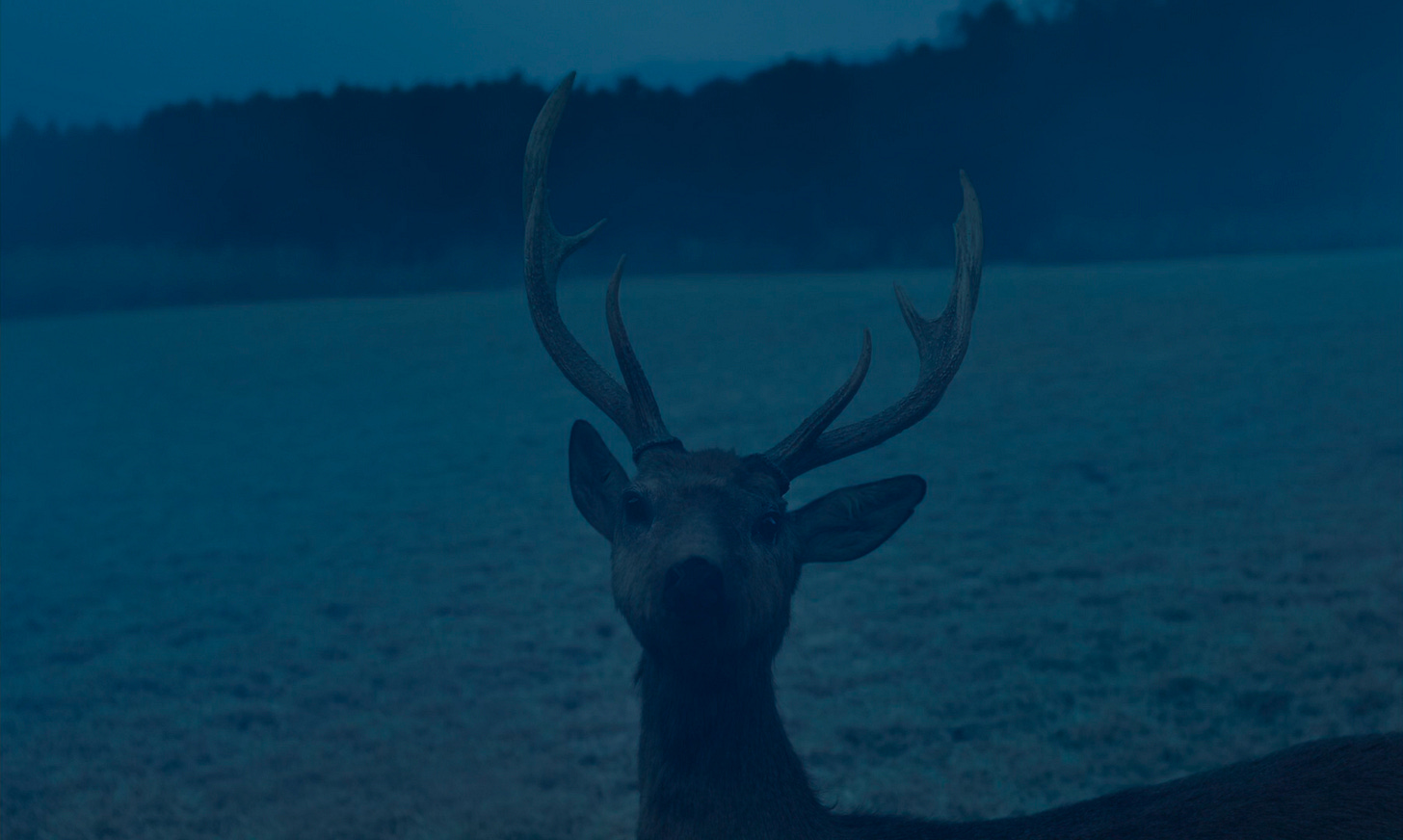A Ten, not The Ten
Evil Does Not Exist (Aku wa sonzai shinai)
The Beast (La bête)
In a Violent Nature
Furiosa: A Mad Max Saga
Last Summer (L’eté dernier)
Hard Truths
Janet Planet
The Brutalist
Here
The Room Next Door
As to the state of things: There’s ample proof, each and every day, that anything done can be undone. Pleasures dissipate, securities and benefits presumed enduring are threatened, weakened, or torn away. But the terrors — actual or imagined — are as fleeting as the delights. Everything is impermanent, and the paradox is that this is still a prime reason to breathe, to live, to be…and to bring into being anything we personally deem useful, ennobling, enlightening.
Evil does not exist, per my favorite film of 2024 (which I first viewed, like several titles on the above list, in 2023, prior to their official release dates). Though the implication in Ryûsuke Hamaguchi’s city folk v. country folk eco-parable (like The Texas Chain Saw Massacre re-conceived as a Brian Eno ambient album) is that Good is no less of a fabrication, a hard truth glimpsed, in this case, in the bottomless gaze of a gun-shot deer. The film’s moral and metaphysical ambiguity chilled and thrilled me, and I’d love to program it alongside Chris Nash’s feature debut In a Violent Nature, which filters an ’80s-era slasher movie through the dual prisms of arthouse languor and nature-doc verdancy, its Jason Voorhees figure effectively doing a 90-minute walking meditation punctuated by bend-’em break-’em bloodletting. Nama-fuckin’-ste!
David Lynch is on my mind, of course. And even though this list was composed before his death (or, honoring my increasingly Buddhist outlook, his unmanifesting), I see in many of these films something that his magnum opus Twin Peaks frequently spotlighted: humanity’s abiding displays of compassion and cruelty. FBI Special Agent Dale Cooper did his best to neutralize the latter and, in the process, effectively nullified the genus Homo. Bertrand Bonello’s The Beast directly quotes the void-summoning scream that concludes Twin Peaks, marrying it to an eras-spanning romance tinted by its “too-lateness.” Any time the characters have instances of realization and revelation the proverbial Moment has passed.
This always-in-motion/non-mono-no-aware quality is what’s stuck with me most about Robert Zemeckis’s Here, in which Robin Wright’s restless unhappily-married only comes to love the house that she (and we) have been encumbered by once her mind is gone. Eons pass for the people onscreen, an hour-forty-four in cinema-o’clock. Time expands and contracts at the creator’s whims, and within this nebulous space an uncannily smooth CG face can morph, in my favorite VFX moment of the year, into a weather-beaten real one. The contrived and the captured clash and co-exist, as they do in George Miller’s Furiosa, which seems a repository for every possible, and not necessarily defensible, technical advance, though as its astonishing central chase scene demonstrates, the movie is always in dialogue with its non-practical impulses, fixated on tangible spatial geography even within a virtual volume, moving mindfully between points as the world rushes by.
Anya Taylor-Joy’s at times digitally augmented eyes carry Furiosa as surely as Léa Drucker’s unyielding cold-as-ice stare defines Catherine Breillat’s transgressive Last Summer from frame one. This tale of a sexual assault advocacy lawyer who, shall we say, makes choices in her personal life feels stunningly wrong in that distinctively right way that only Breillat can conjure. There are no sides to take, just moral muck to wallow in or wade through, the sick joke being that you might still come out of it all smelling like roses.
I maintain now as I did in my initial review that Brady Corbet’s fêted The Brutalist is a jape all its own. And even if it doesn’t take Oscar gold (a drummed-up AI controversy is seemingly being utilized to kneecap it), I’ll still find its status as some kind of solemnly profound, awards-baity Ameri-epic hilarious. The moments that don’t induce me to Dr. Giggles-dom (and please understand I don’t think the film’s overall prankishness is in any way a flaw) are those that elucidate the tenuous bonds between characters. “I will see you! I will see you!” reiterates Adrien Brody’s László Tóth to the apparently near-and-dear traveling companion he leaves behind in an early scene. Spoiler: He never sees him again. Clock each time one of these vanishings occur — there are multiple instances — and think on how they speak to an overarching idea of effacement that allows for people to be treated like punching bags and punchlines, their discontent seeded for generations so that the resultant cycles of retribution always and ever fold back on themselves.
Two complementary visions of unhappiness are explored in Hard Truths and Janet Planet, their protagonists (one old, one young) either set in their self-destructive ways or on the precipice of being so. Both are major works in minor keys, anchored by characters more inhabited (by Marianne Jean-Baptiste and Zoe Ziegler) than they are acted. By contrast, Pedro Almodóvar’s The Room Next Door is resoundingly performed by its ensemble, though any didacticism acts as a distancing effect that allows emotion to emerge big-picture. “There are lots of ways to live inside a tragedy” is the line, spoken by Julianne Moore, that I think about the most this year. Perhaps because, so much evidence to the contrary, I’m not always convinced we exist in one.



